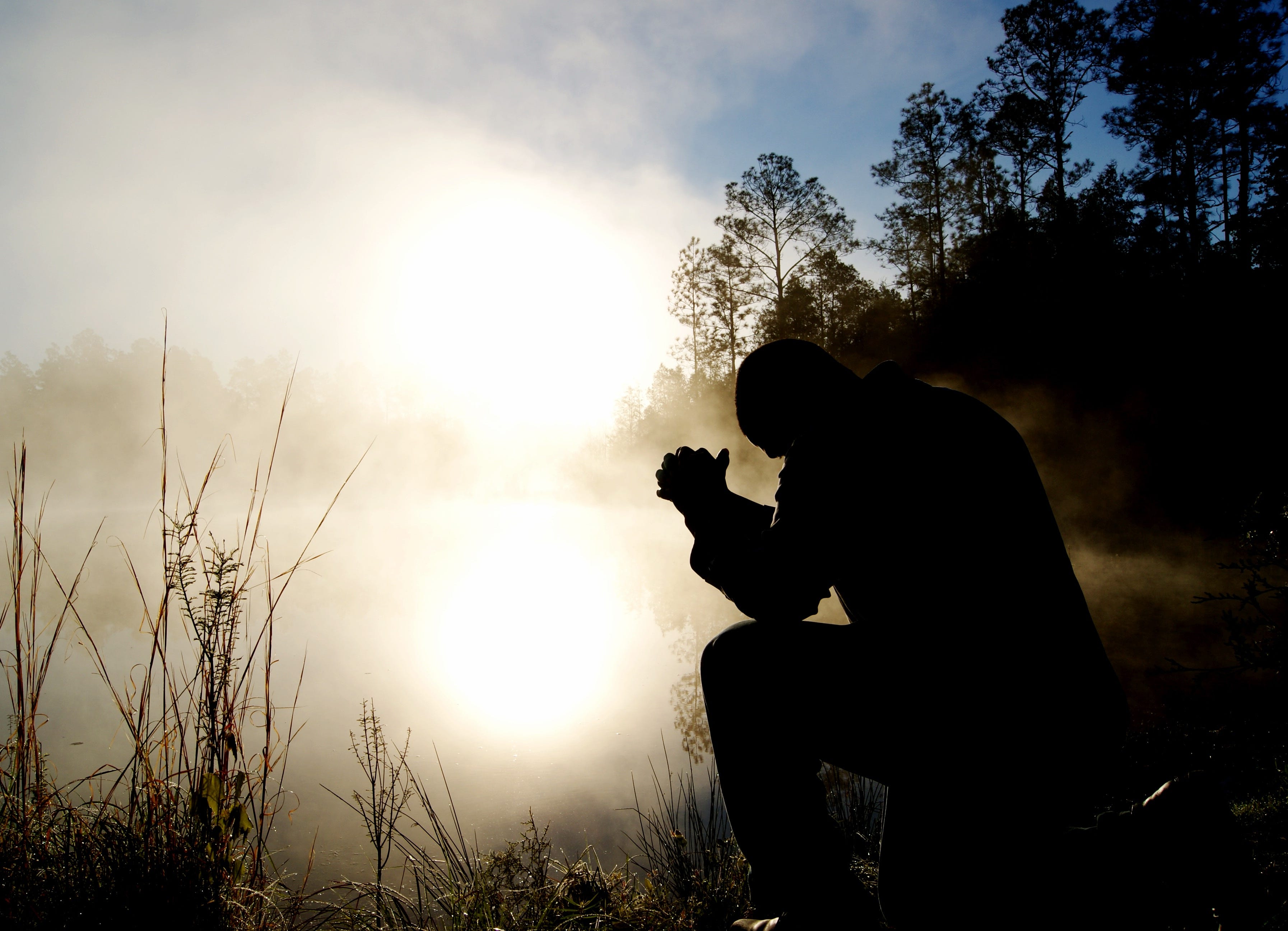Why fear death?

People die every day. Babies, teenagers, young mothers, middle-aged fathers, the elderly—death is no respecter of persons. It’s not exactly true that the only sure things in life are death and taxes. You can avoid taxes.
If you’re willing to put up with jail time, you need not pay the taxman. Death, on the other hand, is certain. Apart from those who are living when the Savior returns to consummate His kingdom, no one gets out of this world alive.

Why do we fear death so much? For non-Christians, the answer is easy. No matter how they suppress the truth in unrighteousness, whether by atheism, agnosticism, or false religion, they can’t escape their God-given awareness that they’ve broken His law and deserve hell.
Christians also fear death and disease. Of course, we know that we’re not supposed to, and we’d never tell anyone that we harbour such fears. Certainly, we know all the right things to say about death: God is sovereign. He has a good purpose for my pain.
The Lord can teach and sanctify my family, friends, and me through the process of suffering and dying. Often, however, we say these things because we “have to” and not because we’re fully convinced. I’ve been guilty of that. In fact, we’ve all been guilty of that.
Believers don’t fear death and disease for the same reasons as non-Christians because we know Christ has a home for us in heaven (John 14:1–3). Instead, we fear losing control. We insure ourselves against property loss. We order our days so that we are most productive. By and large, we enjoy happy and fulfilling relationships by listening to others and giving of ourselves. But despite our best efforts, we can’t keep death and disease away.

We also fear suffering. Nobody wants a terminal illness. Nobody wants chronic pain. Nobody wants to lose his mental faculties.
In many ways, it’s right to fear death and suffering. Since God made the universe “very good” (Gen. 1:1–2:4), death and disease are intruders. They’re here because of sin, and they’ll be gone in the new heavens and earth. Until then, however, we must live with our fear of death and disease. How can we glorify God in so doing?
I can’t give all the answers, but I hope to offer some help.

First, we should know why we fear death and disease. If you fear death because you are not reconciled to God, then you must be reconciled today by trusting in Christ alone. In so trusting, you will stand clothed in Jesus’ perfect righteousness before the Judge of all and He will welcome you into His kingdom. He has promised to give eternal life to all who believe in Jesus.

Second, admit your fears to God and others. I don’t know all the reasons why the Lord allows us to suffer. I do know that He uses our pain to conform us to Christ. Confessing our fears gives people the opportunity to pray for us and encourage us to keep our eyes on Jesus, not our disease. It allows us to bear one another burdens and fulfill the law of Christ (Gal. 6:2).
Third, help make your church a place where people can admit their fears honestly. Talk to your leaders about what you can do to create a church culture where people can find help if they or someone they love is facing the spectre of death and disease. Help with bereavement support groups, take meals to suffering families—there’s no end to what can be done.

Fourth, trust God’s sovereignty. Death and disease don’t surprise Him. He’s numbered our days (Ps. 139:16), so He’s always accomplishing His good purposes for us.

Finally, meditate on God’s promises until they become part of your very soul. “Though I walk through the valley of the shadow of death, I will fear no evil, for you are with me; your rod and your staff, they comfort me” (Ps. 23:4). “The sufferings of this present time are not worth comparing with the glory that is to be revealed to us” (Rom. 8:18). “This light momentary affliction is preparing for us an eternal weight of glory beyond all comparison” (2 Cor. 4:17). These words of life comfort us in dark days.
Rothwel, R.

